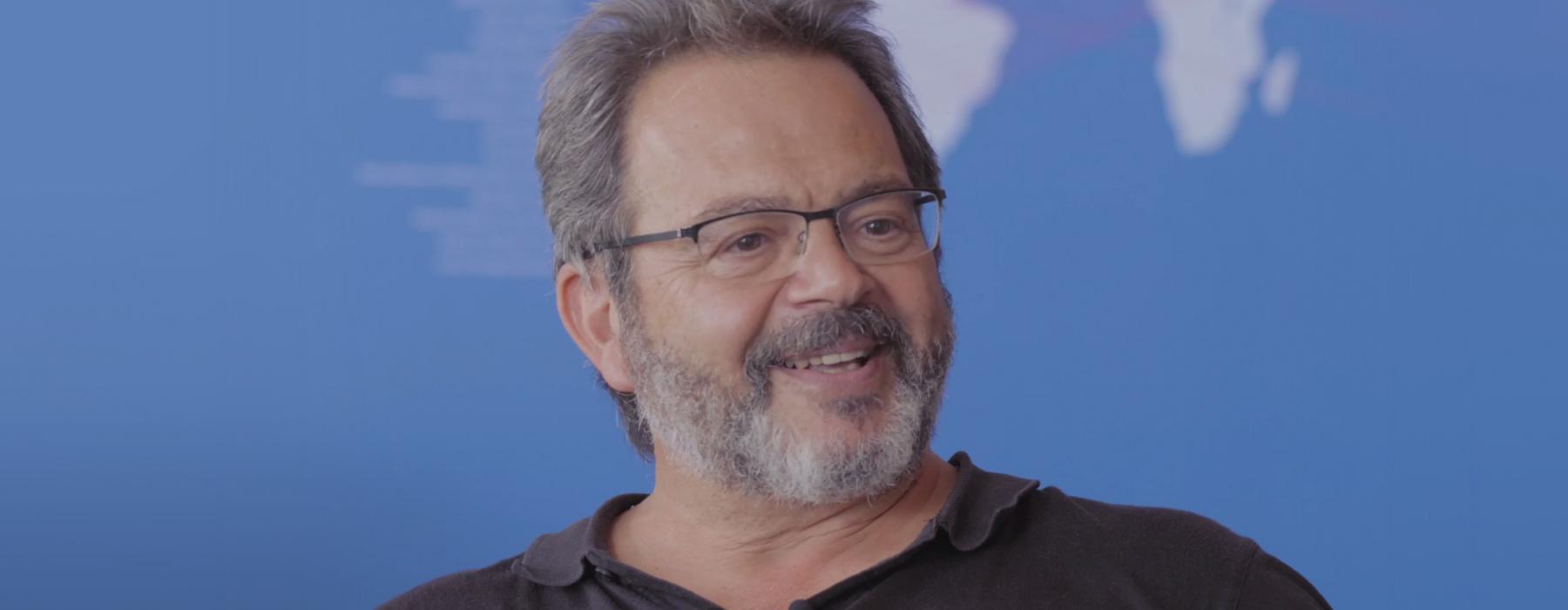
WM: The other book which was very important to me is Alter-Politics. Where you develop this notion, or think through the notion of the alter. And I wonder, what do you think is the utility of thinking the alter in relationship, for example, to the anti for a museum like ours, a museum that has collections from all over the world, cosmologies from all over the world? What might it mean to [the museum] - that ‘thinking alter’ - and how might we use that as part of our project?
GH: I think there is a long tradition of thinking utopia with lack of realism. And so in this tradition, reality is one (singular), and if you are a realist you accept what there is; if you are not a realist you can think of alternatives, and dream about them, imagine them, etc. And the realists will laugh at you and you say “I don’t care.” But I think we have advanced in our analysis of the constitution of social reality enough to know that social reality is so multiple that a category does not capture all of it. Let’s say society is capitalist. Before, it used to be, ok society is capitalist and therefore if you want to think of non-capitalist society, you dream about it. Now I think a lot of analysis shows that when you say that society is capitalist, you are actually missing a lot of other realities, not missing a lot of dreams. Even in the middle of what we are calling capitalism are actual realities that are not capitalist. And so to me, the notion of the alter is a new realism, a realism which accepts that alternative possibilities are possibilities that are actually really happening. And so the hope and the positive thinking that comes with the alter is not about dreaming; it is about researching the existence of real possibilities that are hidden from you. Which is a very important difference from the idea of imagining alternatives. It is about finding the alternatives. And everywhere you go, I think, you can see that people and the way people relate are way too complex to be captured by a single definition. You know, you can say “instrumentalism rules.” And you go to do research and you will find instrumentalism, but then you will also find love. You will find solidarities. You will find all kinds of things, sometimes just hidden in a corner, sometimes in another dimension. And I think the crucial aspect of thinking the alter is precisely this idea what I call, minor realities. That instead of thinking about reality and ideas as alternatives, think of major dominant realities, and minor realities. And so to what extent the museum can provide and support minor realities is, to me, an interesting question in terms of alter-politics.
WM: And I want to close with that, with that particular thing. Because we have already talked about questions of hope, right? And very often nowadays when I use the word hope, people look back to me like “what are you talking about?” But might it be so that it is in that space of minor realities that is the space of hope for other possible futures. So can the museum be a space of hope, and not a flippant, easy hope, but a hope that demands a certain kind of work?
GH: Sometimes I stop thinking with hope, because when I wrote my book, Against Paranoid Nationalism: Searching for Hope in a Shrinking Society, I use to get people calling me from television and say , “can you come talk to us?” And I would say, “About what?” And then they would say “Hope!”
So it was almost as if people thought I was a priest, that I bring hope, sort of like it is not a research issue. So yes, there is always this danger when talking hope, that it becomes flippant, but I think the crucial thing about when you use hope is to notice that people use hope to define situations and to define subjectivities. So for instance you say “the situation was hopeless, but I’m hopeful.” And I think by thinking alter-politics with minor realities, I aim to always say, “There are always situations that are hopeful. It is not just you who needs to be hopeful about every single problem."
So there must be some relation between the hope that reality produces and the subjective state of hopefulness and I think that’s where the crucial real politics of hope, to me, happens.
WM: I want to thank you, Ghassan. And perhaps in our next conversation, we can talk in favour of other parts of your work, for instance your recent book, Is Racism an Environmental Threat?, which I think is also interesting. And on the work you are currently doing on questions of diaspora, I am interested to talk about that in our next conversation, should we have it. But I want to thank you, and let’s go drink beer.